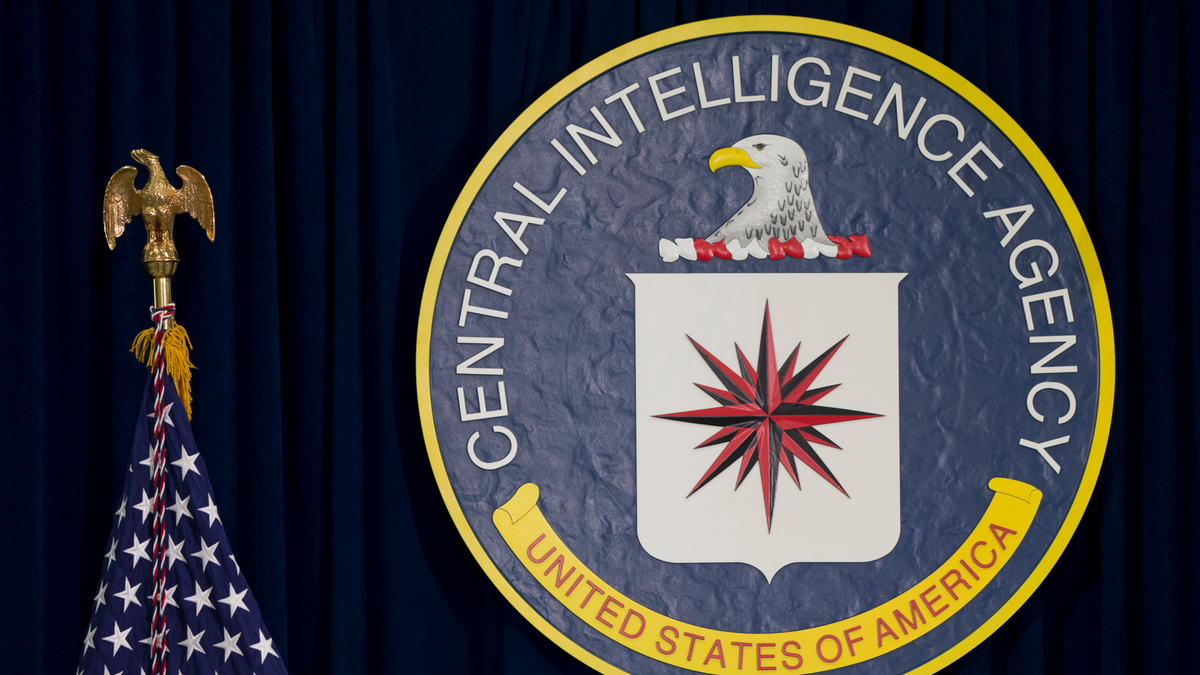
SEATTLE – A federal judge in Spokane on Monday officially denied a request to throw out a lawsuit against two psychologists who helped design the CIA's harsh interrogation program used in the war on terror.
In his written order, U.S. District Judge Justin Quackenbush said a jury will hear the lawsuit filed by the American Civil Liberties Union on behalf of three former detainees against James Mitchell and John "Bruce" Jessen, who were under contract with the federal government following the Sept. 11 terror attacks.
The lawsuit claims the psychologists "designed, implemented, and personally administered an experimental torture program for the U.S. Central Intelligence Agency." Under the program, detainees were subjected to physical assaults and sleep deprivation, forced to stand for days in diapers with their arms chained overhead, doused with icy water and stuffed into boxes, the ACLU said.
Quackenbush heard arguments from both sides on July 28 and issued a partial ruling in which he said he would consider whether all three detainees, Suleiman Abdullah Salim, Mohamed Ahmed Ben Soud and the estate of Gul Rahman, who died in custody, should be included the lawsuit.
On Monday the judge said he the evidence involving all three detainees warrants a trial on the issues. The trial in Spokane is set for Sept. 5.
"This is a historic day for our clients and all who seek accountability for torture," ACLU attorney Dror Ladin said. "The court's ruling means that for the first time, individuals responsible for the brutal and unlawful CIA torture program will face meaningful legal accountability for what they did. Our clients have waited a long time for justice."
Messages seeking comment from the lawyers representing Mitchell and Jessen were not immediately returned.
The lawyers had argued that the lawsuit should be dismissed for a list of reasons.
During the hearing, lawyer Brian Paszamant told the judge that simply providing a memo to the CIA suggesting interrogation methods does not make them guilty of aiding and abetting torture. The CIA set up the prisons, chose the detainees, decided who conducted the interrogations and who was present, Paszamant said.
Lawyer Jim Smith said the program was directly controlled by the U.S. government, not the psychologists.
The judge rejected those arguments, saying the evidence supports the claims that the psychologists recommended "enhanced interrogation techniques" and "advocated for waterboarding as a convincing measure," the judge said.
The evidence is undisputed that the psychologists administered those techniques on the CIA's first detainee, Abu Zubaydah, including waterboarding, the judge said.
Jessen was physically involved in Rahman's interrogation, the judge said.
"Defendants have not established they merely acted at the direction of the government, within the scope of their authority, and that such authority was legally and validly conferred," the judge said.
ACLU lawyer Ladin said the psychologist were paid $81 million for their help to the government. "The defendants were the primary profiteers of this program from the beginning to the end," he said.

